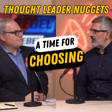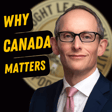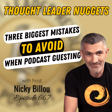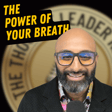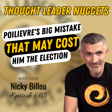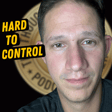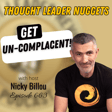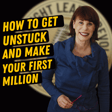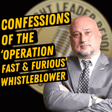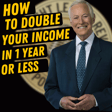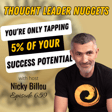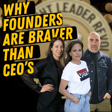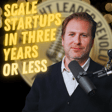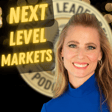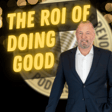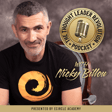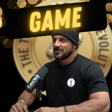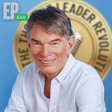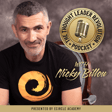
EP651: Elliot Kallen - Driven
"Success comes partially by hanging in there long enough and learning and growing from your mistakes."
Motivation in business isn’t just about feeling inspired; it’s about having a driving force that keeps you swinging the bat, even when the nose gets bloody. This episode unpacks the relentless spirit behind successful entrepreneurship—highlighting the lessons learned through failures, the importance of understanding cash flow, and the necessity of adjusting plans daily.
Our guest shares lessons from his journey through industrial packaging, environmental cleanup, and financial services. He emphasizes the importance of cash flow, strategic mentorship, and planning for the next three to five years. Success, he reminds us, is a long-term game that rewards resilience.
Elliot Kallen is a serial entrepreneur, best-selling author of Driven, and the founder of Prosperity Financial Group. With 40 years of experience across industries, he helps business owners navigate growth, financial planning, and exit strategies. Passionate about giving back, he also supports teens through his foundation.
Expert action steps:
1. Surround yourself with smart people: “Surround yourself with smart people that you can ask and get good advice from.”
2. Learn and research from others’ mistakes: “Learn and research so you can grow from your own mistakes. What do successful people in your field do?”
3. Plan for the next three to five years: “Plan for the next three to five years and adjust that plan every day.”
Learn more and connect:
Books:
- Driven by Elliot Kallen (Amazon bestseller)
- The Art of the Deal by Donald Trump
Email: elliot@prosperityfinancialgroup.com
Website: www.prosperityfinancialgroup.com
Phone: 925-314-8503
Visit https://www.eCircleAcademy.com and book a success call with Nicky to take your practice to the next level.
